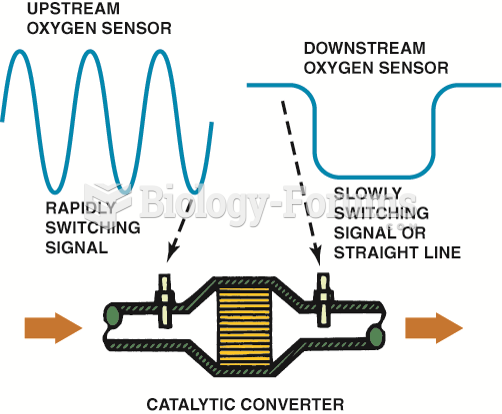|
|
|
Vampire bats have a natural anticoagulant in their saliva that permits continuous bleeding after they painlessly open a wound with their incisors. This capillary blood does not cause any significant blood loss to their victims.
According to the Migraine Research Foundation, migraines are the third most prevalent illness in the world. Women are most affected (18%), followed by children of both sexes (10%), and men (6%).
Asthma cases in Americans are about 75% higher today than they were in 1980.
When intravenous medications are involved in adverse drug events, their harmful effects may occur more rapidly, and be more severe than errors with oral medications. This is due to the direct administration into the bloodstream.
Each year in the United States, there are approximately six million pregnancies. This means that at any one time, about 4% of women in the United States are pregnant.
 A physician is performing a colonoscopy on a client and viewing the internal structures of the colon
A physician is performing a colonoscopy on a client and viewing the internal structures of the colon
 Continuous positive airway pressure (CPAP) device. The sleeping subject is receiving the benefits of
Continuous positive airway pressure (CPAP) device. The sleeping subject is receiving the benefits of





